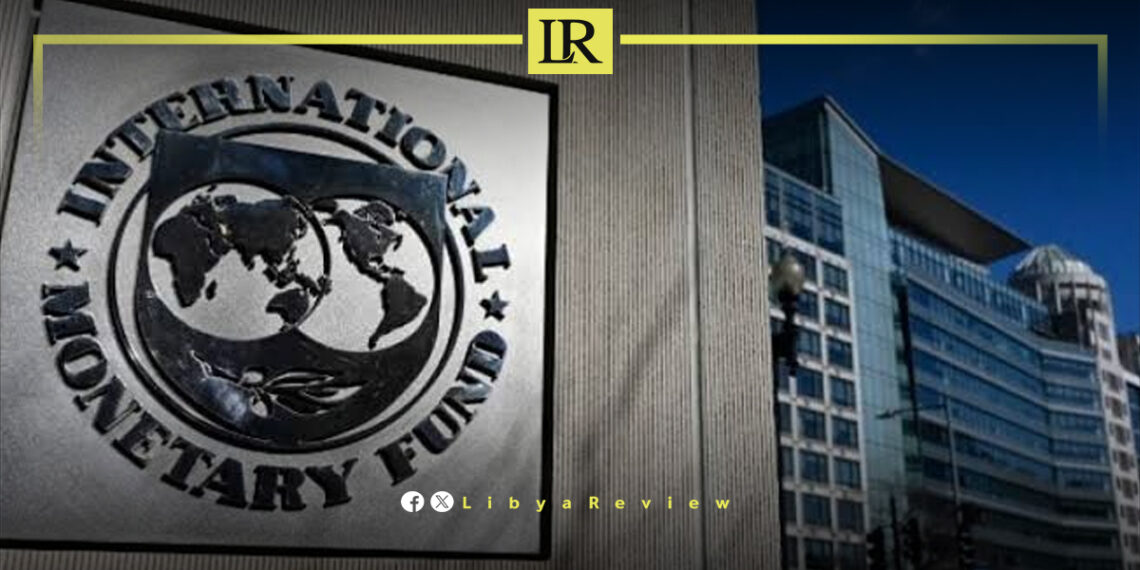On Wednesday, the International Monetary Fund (IMF) called on Libyan authorities to adopt a unified national budget, tighten fiscal discipline, and advance structural reforms to restore macroeconomic stability and prepare for a more resilient future.
The recommendations follow the IMF’s 2025 Article IV mission to Libya, which concluded this week with a warning that the country’s economy remains highly vulnerable to oil disruptions, political fragmentation, and external shocks.
According to the IMF’s staff statement, Libya’s economy contracted in 2024 following oil production shutdowns caused by political disputes, including a leadership conflict at the Central Bank of Libya.
Although oil output has since rebounded to nearly 1.4 million barrels per day, the impact on hydrocarbon GDP was severe. The decline was only partially offset by growth in non-oil sectors, supported by elevated public spending.
The IMF noted that inflation remained low at around 2 percent, but warned that official figures likely underestimate the true picture, due to outdated consumer price measurements and widespread subsidies.
The recent update to the consumer price index, now covering more regions beyond Tripoli, was welcomed as a step forward in improving data reliability.
Fiscal and current account deficits emerged in 2024 due to reduced oil revenue and continued high public spending. The IMF urged the government to resist pressures to further expand current spending, particularly on wages and subsidies, and called for stronger public financial management. It also emphasized the need to unify Libya’s budget as a central priority to ensure credibility, transparency, and coordination between institutions.
The Fund also advised the Central Bank to strengthen its monetary framework by gradually phasing out the foreign exchange tax and developing a formal benchmark interest rate. It encouraged reforms to close the gap between official and parallel exchange rates while safeguarding international reserves.
Beyond macroeconomic reforms, the IMF stressed the need for improved governance, enhanced rule of law, and greater support for private sector development. It highlighted the country’s over-reliance on public employment, limited credit access, and weak regulatory frameworks as core challenges to long-term growth.
The IMF concluded by encouraging Libyan authorities to prioritize unified economic governance, realistic budgeting, and institutional reforms to lay the foundation for sustainable recovery and inclusive development.


